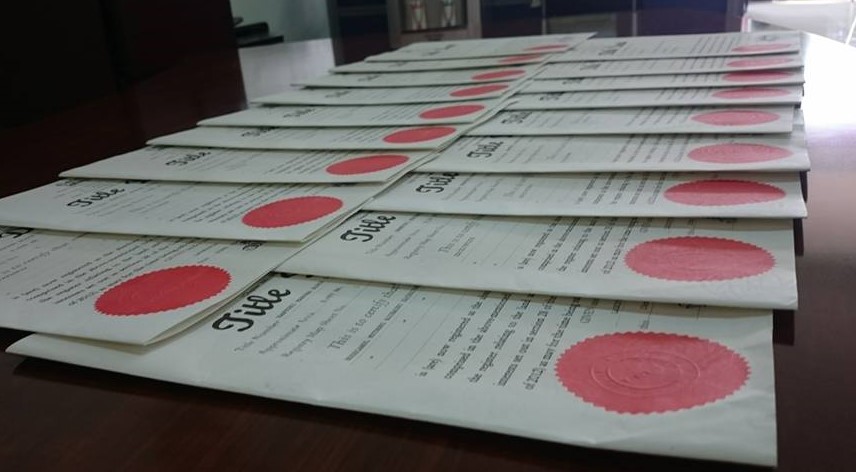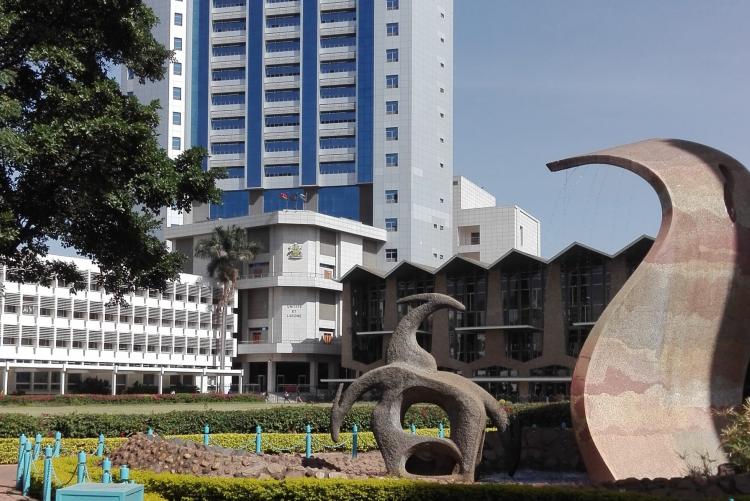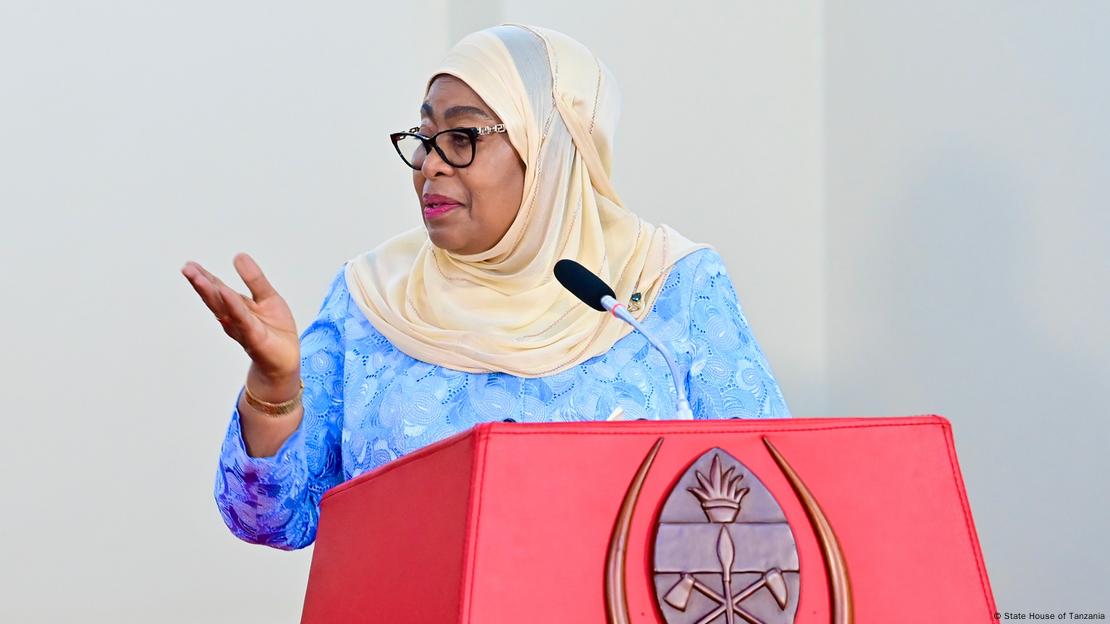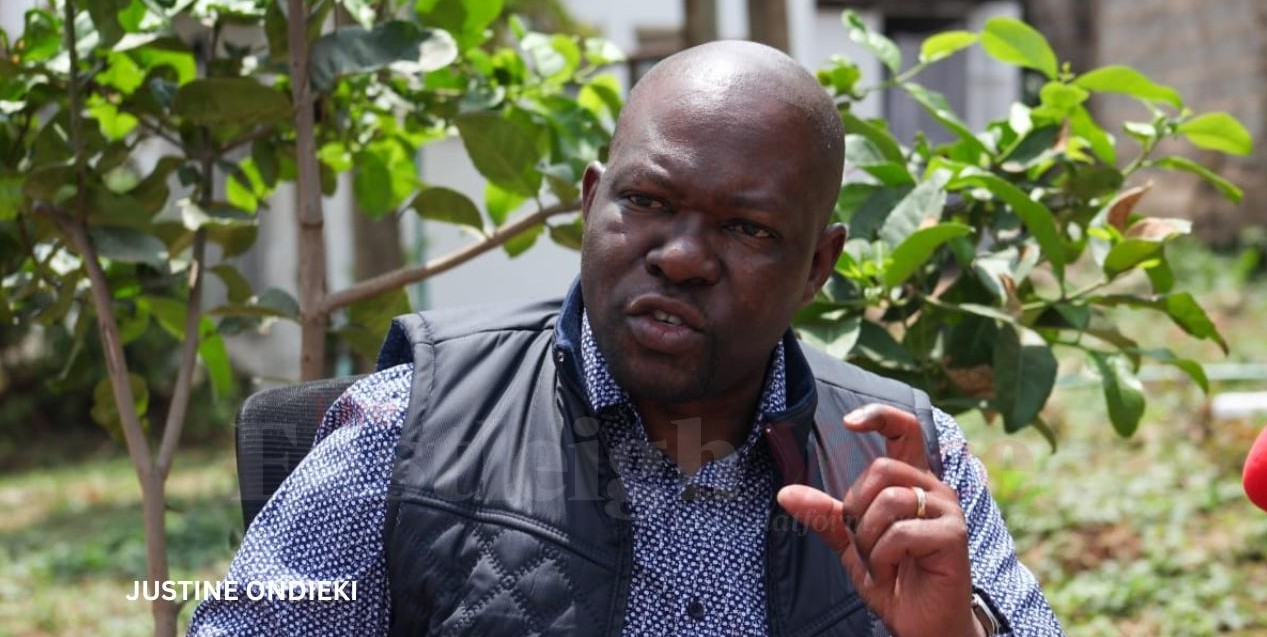MPs demand full disclosure of public land in legal disputes amid missing title deeds

The Public Investments Committee on Social Services Administration and Agriculture said the report will guide potential inquiries into ownership and repossession of public land where necessary.
The Inspector General of State Corporations and the Attorney General have been given three months to compile a report detailing all public land currently facing ownership disputes, following concerns that several State entities are missing title deeds.
The Public Investments Committee on Social Services Administration and Agriculture said the report will guide potential inquiries into ownership and repossession of public land where necessary.
More To Read
- Motion filed seeking probe into irregular land allocation in Nairobi County
- NLC commissioners conclude term with over 31,000 requests for land regularisation processed
- How Lang’ata Women’s Prison’s 34-acre land ended up in private hands
- Parliament approves law mandating public land registration notice in Kenya Gazette
- City residents seek Sakaja’s attention over shrinking parking spaces amid fears of land grabbing
- Government launches nationwide operation to reclaim grabbed public land
The committee, chaired by Navakholo MP Emmanuel Wangwe, directed the Inspector General to place caveats on all parcels of State corporation land that are in private hands to prevent further loss of public property. Once completed, the report is expected to be tabled in Parliament for review and further action.
In its report on selected State corporations, the committee raised concerns that the Child Welfare Society of Kenya holds 19 parcels of land of undetermined value without title deeds. Other affected entities include the Syndemic Diseases Control Council, formerly the National Aids Control Council, the National Social Security Fund (NSSF), and the National Cancer Institute.
At the NSSF, the committee noted that one of its title deeds had been revoked through the Kenya Gazette after it was initially issued to a private developer. The National Land Commission (NLC) later declared that the parcel had been reserved for public purposes.
The report recommends that “the National Assembly should enact a law prescribing that all public land ownership documents should be centrally held under the custody of the National Treasury for safekeeping.”
Beyond land issues, the committee criticised several State corporations for delays in handling imprests, poor governance, and long-outstanding payables. It also faulted the entities for failing to submit complete and reconciled financial and accounting records to the Auditor General in time for audit review and verification.
Following its findings, the committee directed all State corporations to address the highlighted concerns in line with the law. On imprests, it instructed accounting officers to ensure that all outstanding amounts are recovered from the due date, warning that failure to do so would result in surcharges for the full amounts due.
The report also revealed governance lapses such as the absence of internal audit functions and audit committees within boards, irregular board meetings, inflated allowances and compensations and weak information technology and management controls.
On the issue of long-outstanding payables, the committee noted that State corporations were struggling to recover debts due to ineffective collection systems. It directed that all affected entities initiate recovery measures within statutory provisions and prepare detailed reports outlining how the debts arose, reasons for non-payment, steps taken for recovery, and clear timelines for settlement.
“Within three months upon adoption of this report, all entities with outstanding receivables should initiate recoveries within the statutory provisions and identify debts that would be deemed irrecoverable, justification for the cause, prepare a report, have it approved by the board and forward to the Treasury for approval of the write-offs,” reads the report.
The committee called on all State corporations to implement its recommendations fully to enhance accountability, governance and the protection of public assets.
Top Stories Today














































